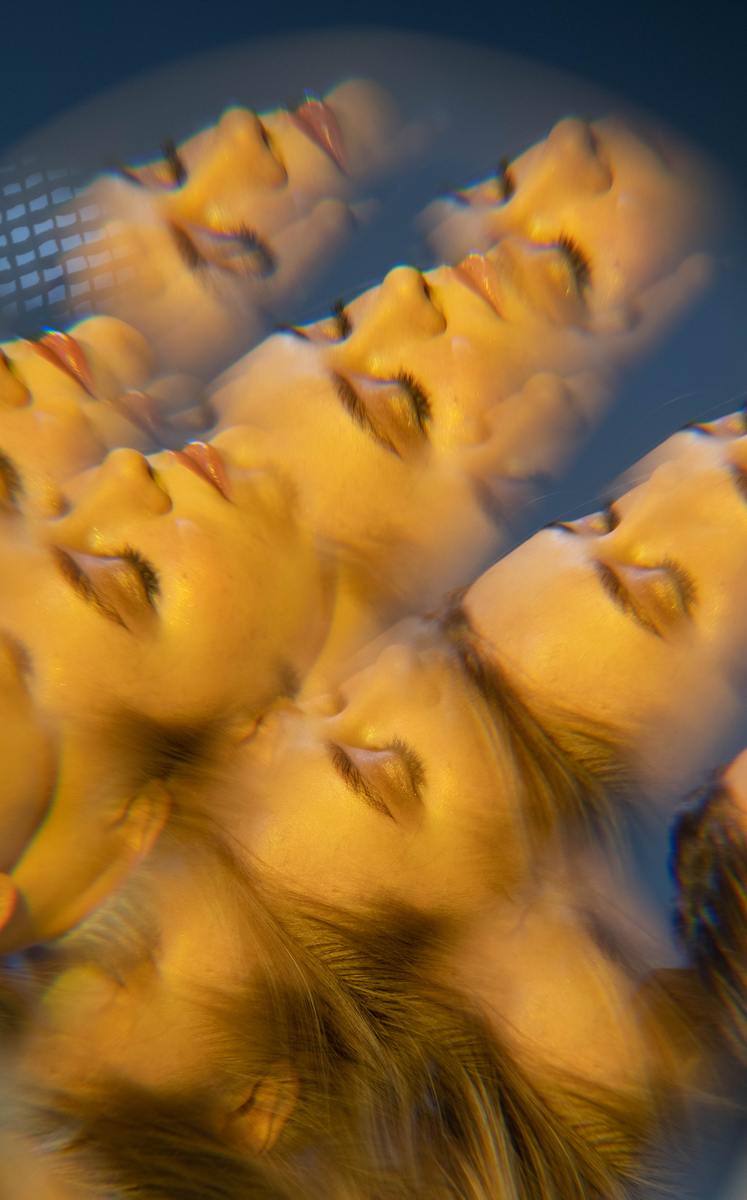
Why are Spiritual Experiences Always Linked to Psychedelics and Stimulants?
Taking a deep dive into the history of spiritual experiences.
When discussing spiritual experiences, it is common to encounter the association with psychedelics and stimulants. These substances have been intertwined with various spiritual practices throughout history, raising questions about their role in facilitating profound spiritual encounters.
Throughout different cultures and time periods, psychedelics and stimulants have played a significant role in spiritual rituals and ceremonies. From the use of peyote in Native American traditions to the ingestion of ayahuasca in Amazonian shamanism, these substances have been seen as a gateway to transcendent experiences. The historical context provides insight into the enduring connection between psychedelics, stimulants, and spirituality.
This article aims to explore the link between psychedelics, stimulants, and spiritual experiences. It will delve into scientific explanations, personal accounts, and alternative approaches to understand the benefits, risks, and societal perceptions surrounding these substances.
Understanding Psychedelics and Stimulants
Psychedelics encompass a class of substances that alter perception, cognition, and mood, such as LSD, psilocybin mushrooms, and DMT. Stimulants, on the other hand, increase alertness, attention, and energy levels. Examples include amphetamines, cocaine, and MDMA. Understanding the nature of these substances is crucial in comprehending their impact on spiritual experiences.
Psychedelics and stimulants have been used in religious and spiritual contexts for centuries. They are often regarded as tools for expanding consciousness and connecting with the divine. Shamanic rituals, religious ceremonies, and mystical practices have employed these substances to induce altered states of consciousness and facilitate spiritual encounters.
There are several misconceptions surrounding psychedelics and stimulants. One common misconception is that these substances guarantee spiritual experiences for everyone who consumes them. However, not everyone who takes psychedelics or stimulants will have a profound spiritual encounter. Another misconception is that these substances are inherently dangerous or addictive. While there are risks associated with their use, responsible and informed consumption can minimize potential harm.
The Relationship Between Psychedelics, Stimulants, and Spiritual Experiences
Scientists have been studying the effects of psychedelics and stimulants on the brain, providing insights into their relationship with spirituality. Psychedelics, such as psilocybin, have been found to increase the connectivity between brain regions, leading to enhanced introspection and mystical experiences. Stimulants like MDMA can foster empathy and emotional openness, potentially creating a conducive environment for spiritual connections.
While psychedelics and stimulants are often associated with spiritual experiences, it is important to note that spiritual encounters can occur independently of these substances. Practices such as free psychic reading sessions, meditation, yoga, and breathwork have long been utilized to access heightened states of consciousness and profound spiritual insights. These techniques offer an alternative pathway to spiritual exploration without the use of external substances.
Many individuals have reported profound spiritual experiences while under the influence of psychedelics or stimulants. These accounts often describe a sense of interconnectedness, ego dissolution, and encounters with mystical or divine entities. Personal narratives provide subjective perspectives on the link between these substances and spiritual encounters, contributing to the ongoing dialogue surrounding their role.

The Benefits and Risks of Using Psychedelics and Stimulants in Spiritual Contexts
Psychedelics and stimulants used in controlled and therapeutic settings have shown potential benefits for psychological healing, spiritual growth, and personal transformation. They can help individuals confront and process unresolved traumas, foster feelings of interconnectedness, and provide insights into existential questions, leading to profound spiritual experiences.
It is crucial to recognize and address the risks associated with psychedelics and stimulants. Misuse or overuse of these substances can lead to adverse psychological effects, physical harm, and legal consequences. Individuals with underlying mental health conditions or a predisposition to psychosis may be particularly vulnerable to the risks involved.
To mitigate potential risks, responsible use guidelines should be followed when engaging in spiritual practices involving psychedelics or stimulants. This includes thorough research, guidance from experienced practitioners, and adherence to safe dosage recommendations. Respect for set and setting, as well as integration practices after the experience, are essential components of responsible use.
Alternatives to Psychedelics and Stimulants for Spiritual Exploration
Practices such as meditation, yoga, and mindfulness offer alternative pathways to spiritual exploration. These practices cultivate present-moment awareness, self-reflection, and inner transformation. Through disciplined practice, individuals can access transcendent states and experience profound spiritual insights without the use of external substances.
Kratom, a natural plant indigenous to Southeast Asia, has gained attention for its potential effects on mood, focus, and relaxation. And some individuals also go to a kratom bar to enjoy high-quality kratom and other botanical drinks for relaxation and self-reflection. Others buy kratom from trusted stores online and enjoy its benefits from the comfort of their own homes.
There are various other natural and non-pharmacological methods for spiritual growth and exploration. These may include breathwork techniques, sound healing, sensory deprivation tanks, and ecstatic dance. Exploring these alternative methods can provide individuals with diverse avenues for spiritual experiences.

Societal Perception and Legal Status of Psychedelics and Stimulants
Public opinion and media portrayals significantly influence the societal perception of psychedelics and stimulants. While there has been a resurgence of interest in psychedelic research and therapeutic applications, these substances still face stigmatization and negative stereotypes. Accurate information and balanced conversations are crucial in shaping public understanding.
The legal status of psychedelics and stimulants varies across jurisdictions. While many substances remain illegal or tightly regulated, there has been a growing movement toward decriminalization and medical research. Promising clinical trials and the recognition of therapeutic potential have contributed to the shifting legal landscape.
The future of psychedelics and stimulants lies in continued research, responsible use, and the development of comprehensive harm reduction strategies. Further exploration of therapeutic applications, integration of traditional practices, and ongoing dialogue between researchers, practitioners, and policymakers will shape the potential for therapeutic use and spiritual exploration.
Key Takeaways
This article has explored the link between psychedelics, stimulants, and spiritual experiences. It discussed the historical context, scientific explanations, personal accounts, benefits, risks, alternative methods, societal perception, and legal status of these substances.
Understanding the link between psychedelics, stimulants, and spirituality is crucial in fostering informed conversations and responsible use. It enables individuals to make educated decisions about their spiritual exploration and helps shape a more nuanced understanding of these substances' potential benefits and risks.
To further advance our understanding, more research is needed to explore the mechanisms behind spiritual experiences and the potential therapeutic applications of psychedelics and stimulants. Responsible use, harm reduction strategies, and open dialogue among various stakeholders can contribute to a more comprehensive and enlightened approach to the intersection of psychedelics, stimulants, and spirituality.












